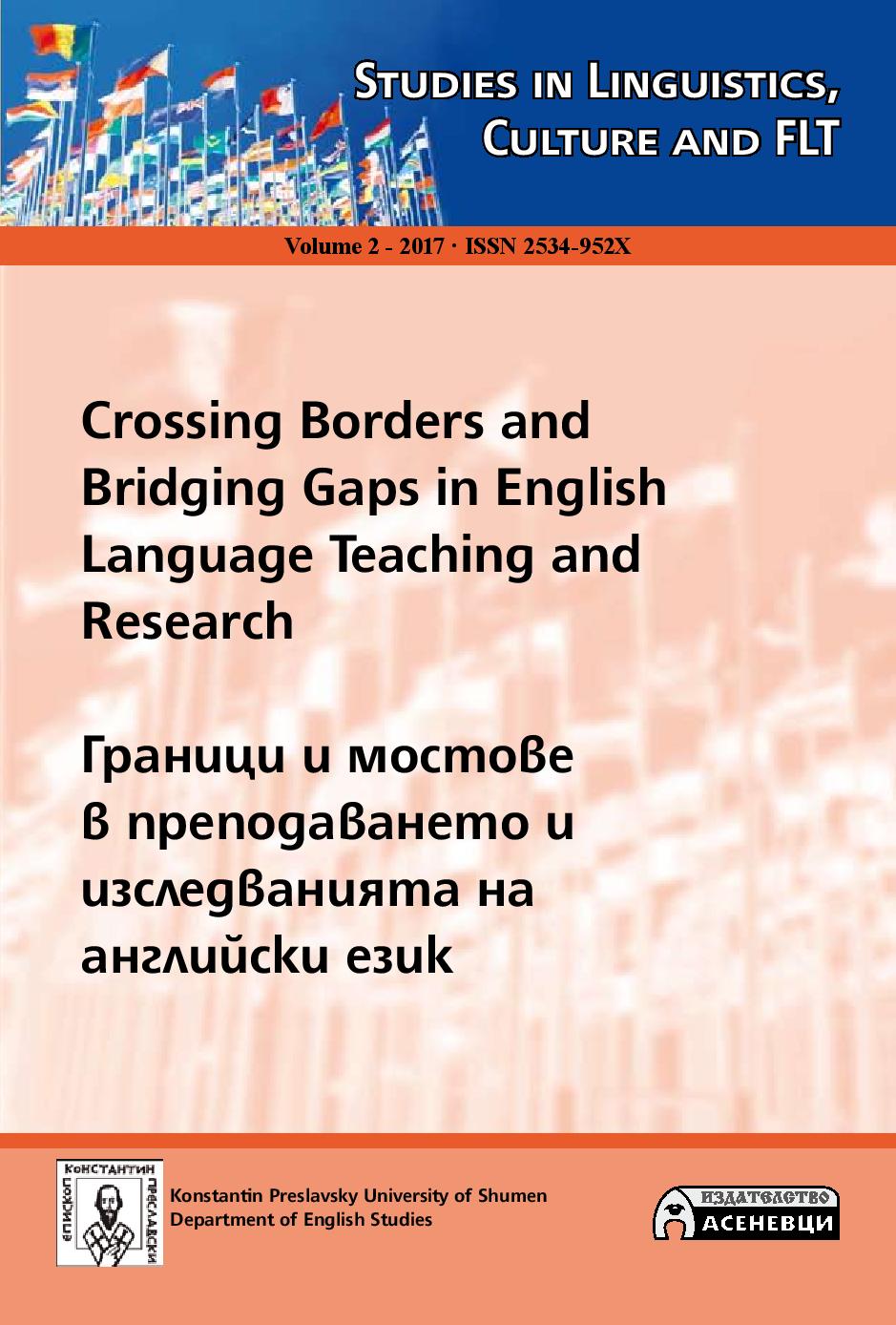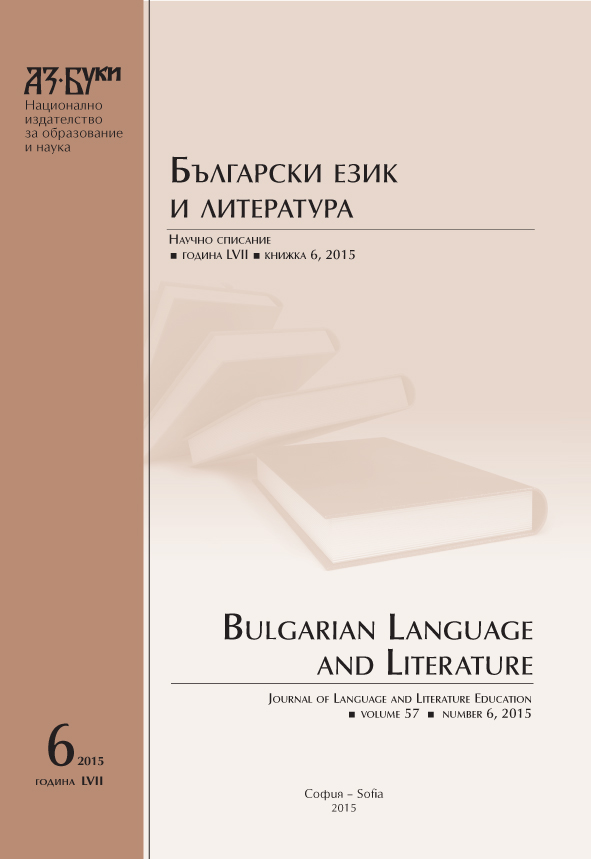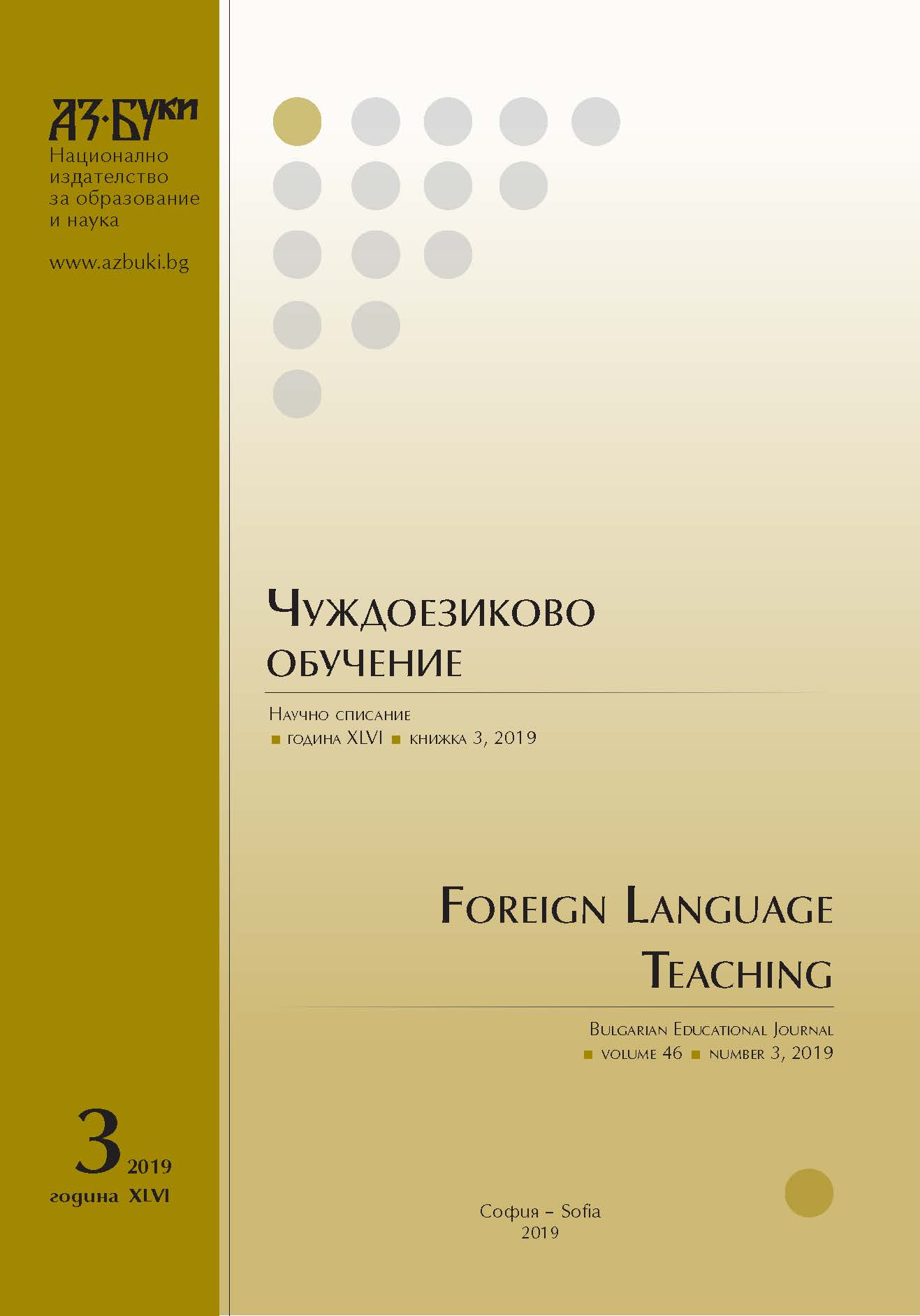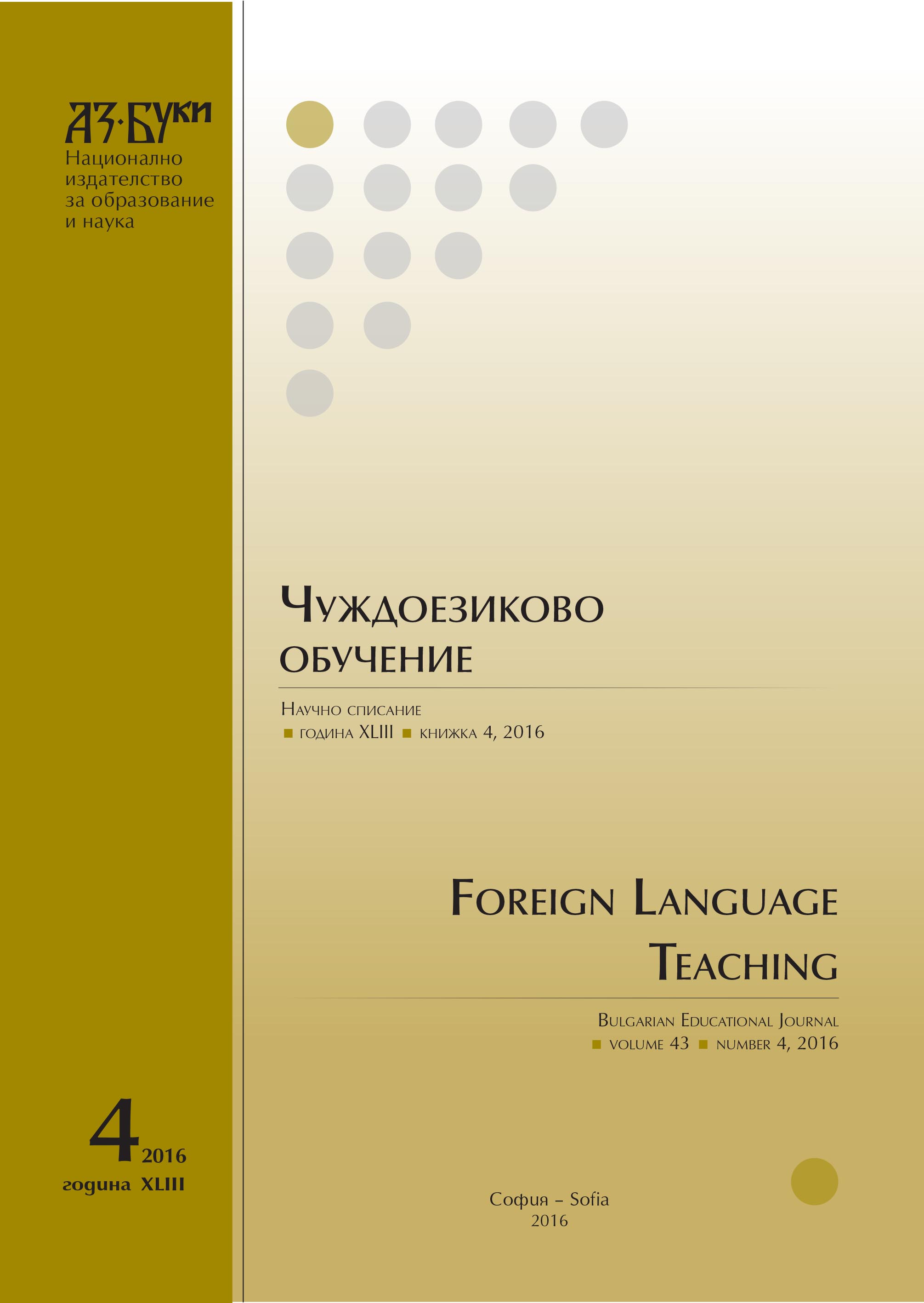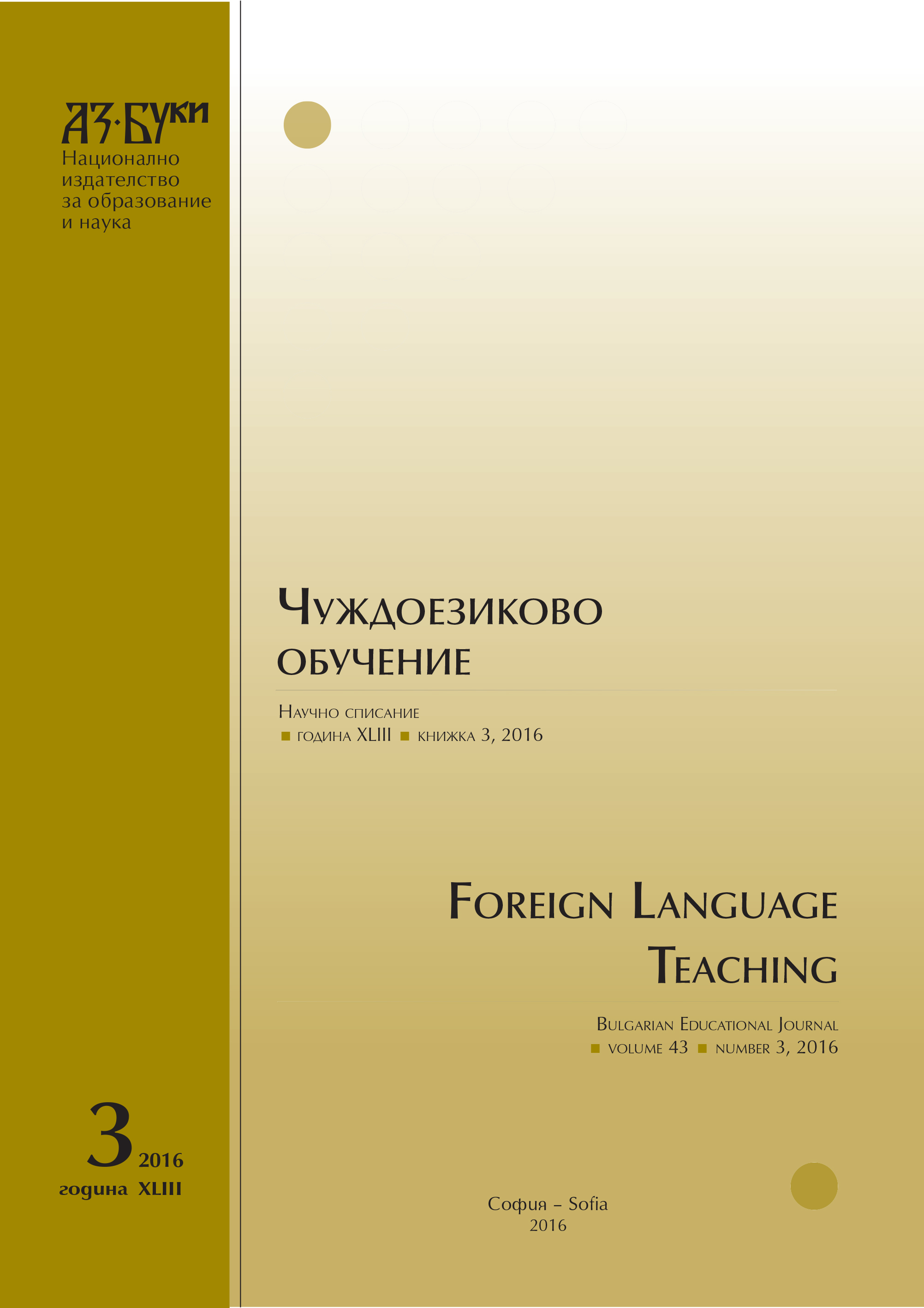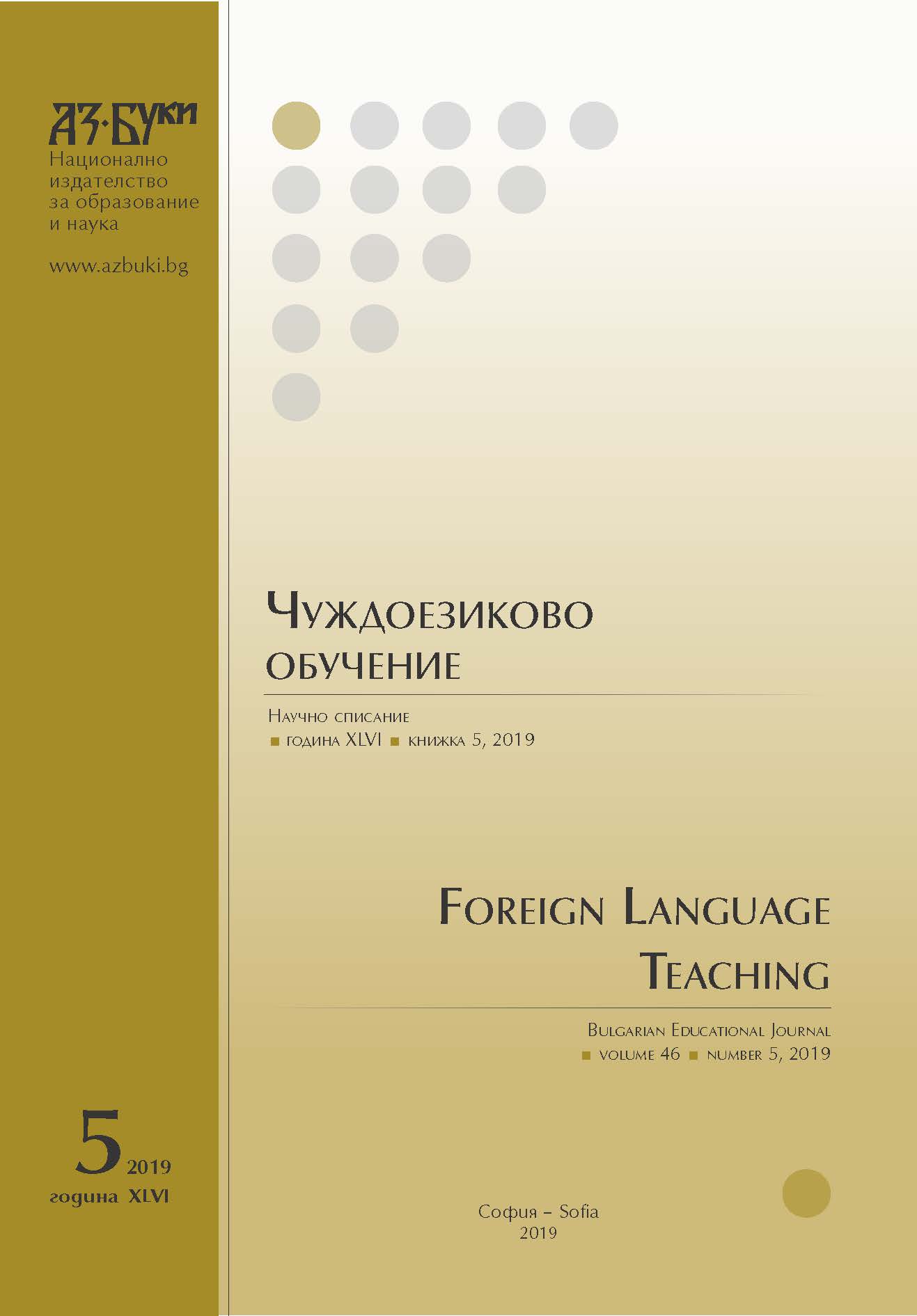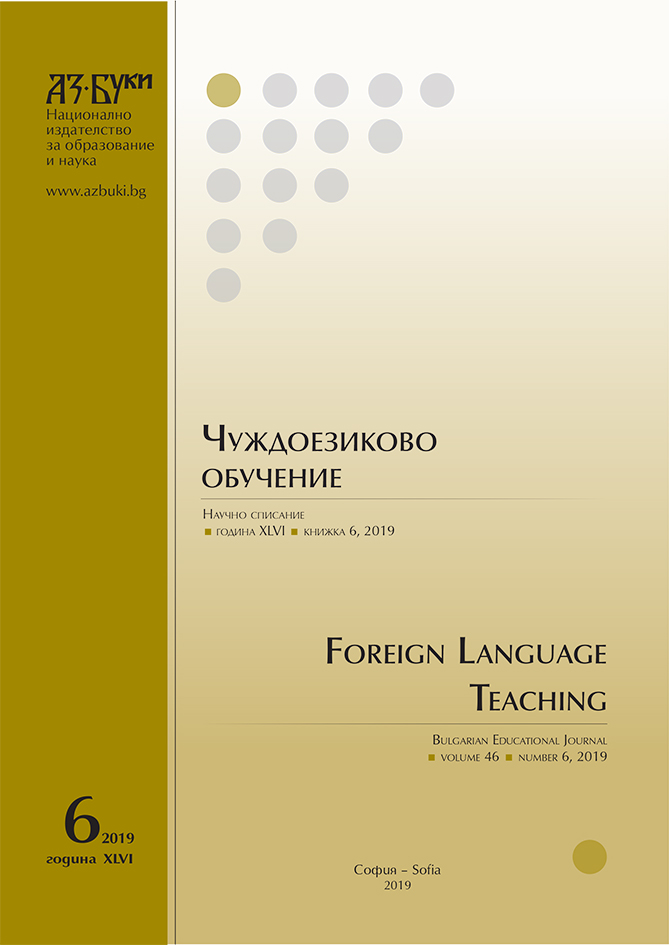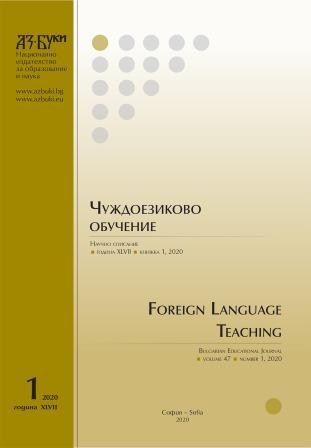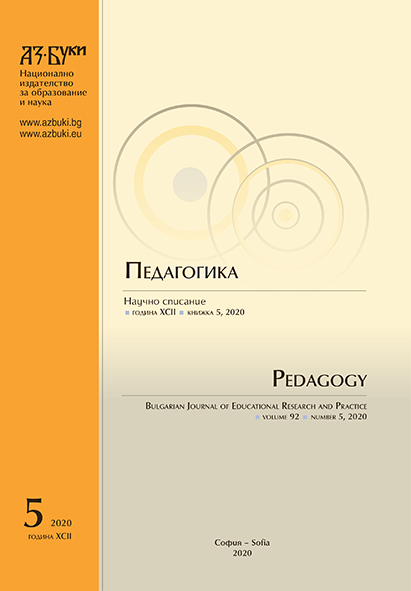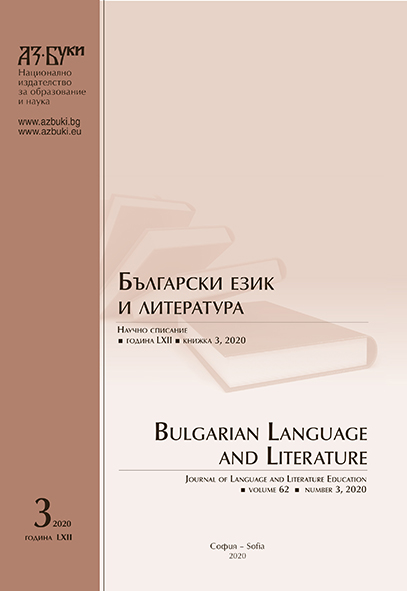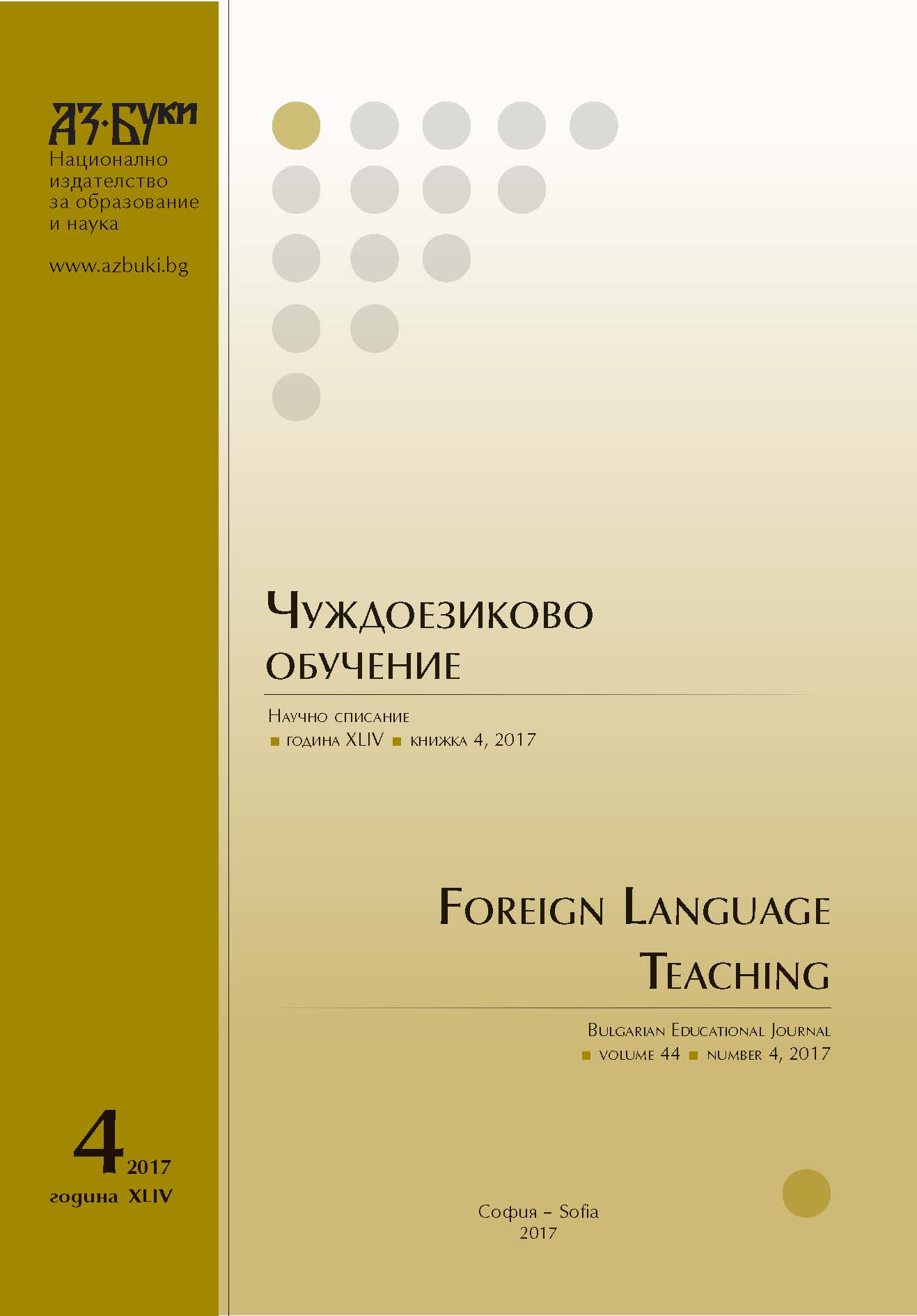
Русский язык интернета: мемы и агрессия
At first the article is devoted to describing the specifics of Internet language per se. Secondly, it analyses the activities of grammar nazi in the verbal aggression aspect. As a result it is concluded that the main purpose of grammar-Nazis is to humiliate an opponent due to persecution on the grounds of his/her language and speech, but not to defend the purity and beauty of the native language. Moreover that aggressive verbal behaviour of the Russian grammar-nazi is a product of contemporary times and modern society.
More...
